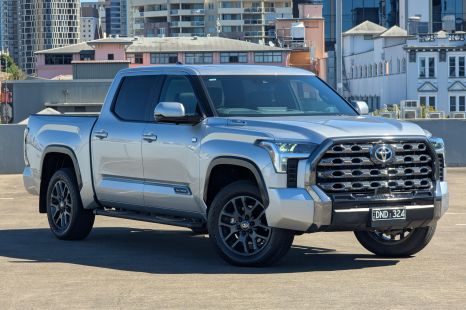

Damion Smy
Toyota exporting US-built cars to Japan after Trump criticism
1 Day Ago

News Editor
Kia has left the door open for hybrid, plug-in hybrid and electric versions of its Tasman ute, even as it casts doubt on PHEVs as a solution for commercial vehicle buyers amid the federal government’s looming 2025 New Vehicle Efficiency Standard (NVES).
“You’ve got to weigh out [the NVES] and the penalty regime and the targets… the longevity of hybrid really is that they’re pushing everyone towards EVs,” said Kia Australia chief operating officer Dennis Piccoli to CarExpert.
“At this stage, the light commercial market is very much diesel, so whilst there are brands moving into plug-in hybrid and hybrid, is that because that’s what the market is chasing?
“Or is that because, internally, the OEM needs to force-feed those cars in order to make the thing justifiable for their own existence?
100s of new car deals are available through CarExpert right now. Get the experts on your side and score a great deal. Browse now.
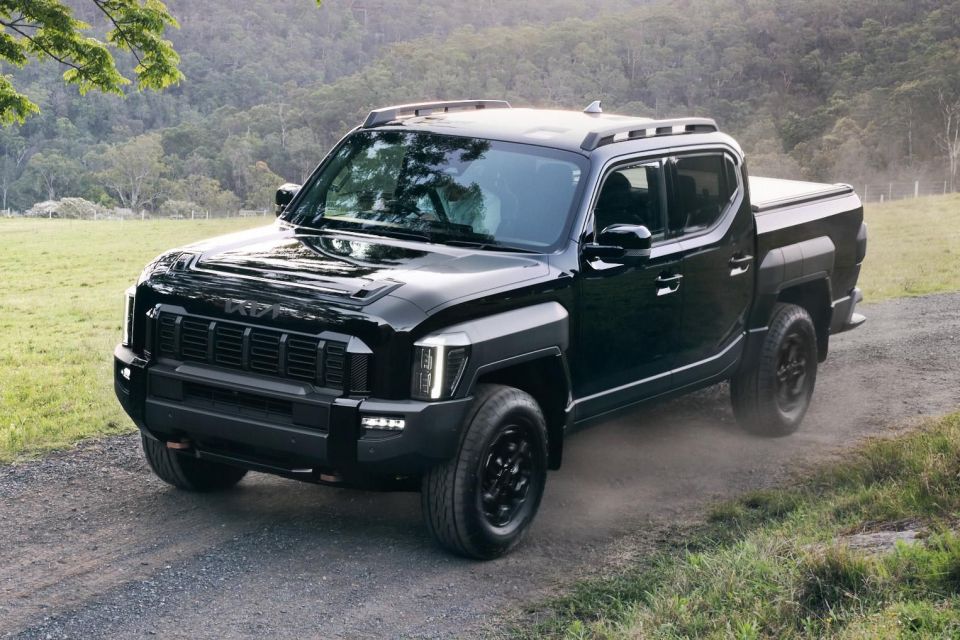
“The other thing is that our feedback coming through from fleets in relation to plug-in hybrids is that the realities of it from a practical sense, whilst it may in terms of social environmental responsibility tick the box with a headline there, the practicalities of day to day with a plug-in hybrid is that people aren’t actually plugging them in.
“So the fleet managers in this world aren’t actually seeing a fuel reduction necessarily. So are you really pulling back your emissions or not?”
Kia has said it can launch the Tasman with exclusively diesel power, even as the NVES comes into effect next year, as it has a wide range of hybrid, plug-in hybrid and electric vehicles (EVs) to offset its emissions.
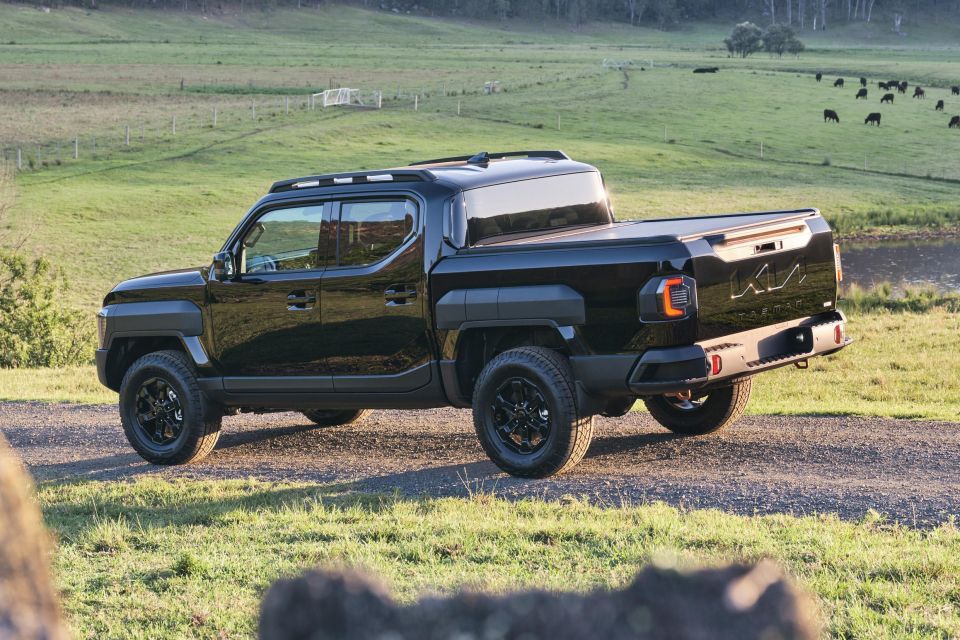
“We actually have an opportunity because, perhaps unlike other brands, we’ve got other products doing the heavy lifting under the NVES to help build up some credits,” said Kia Australia product planning general manager Roland Rivero.
“Irrespective of our ICE offerings that are coming – K4 and Tasman – we do have EV5 and EV3 and they can do the initial heavy lifting.”
Mr Rivero also flagged the fact the typically long lifecycle of a ute means Kia can launch further variants of the Tasman later.
“You can’t always put all of it in the one go… Do we get ahead of the game right this very moment, or do we keep it simple, focus on the fundamentals and embed this product into the Kia range?”
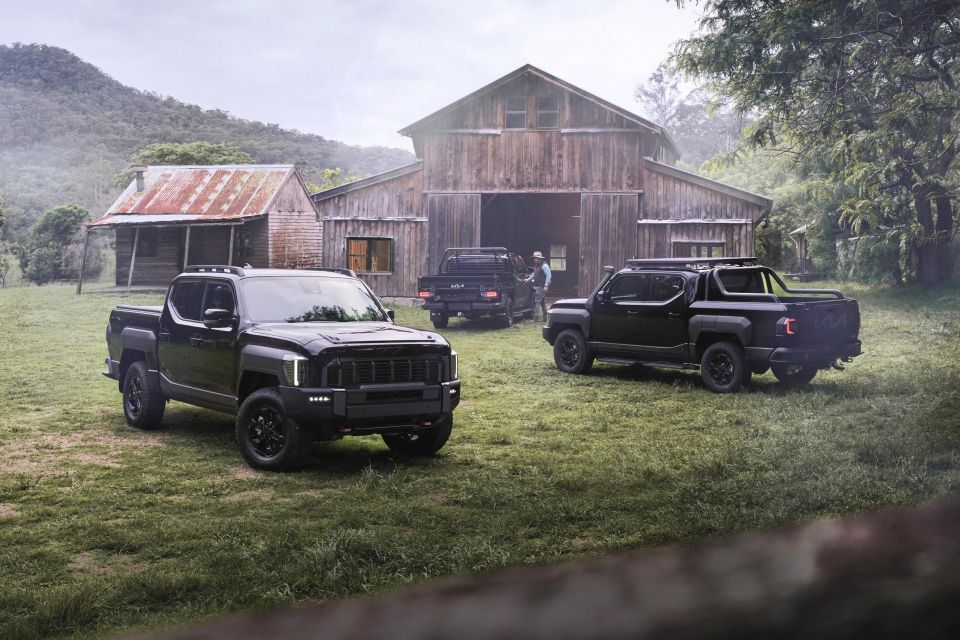
When asked whether there’s potential for mild-hybrid, hybrid, PHEV and electric versions of the Tasman, Mr Rivero said, “Absolutely, there’s no sacred cows”.
“We’ll look at over the course of its product life cycle, what we need to do to continue to maintain that sales plan of 20,000 or 10 per cent of the market.”
Kia globally had already confirmed two electric pickup trucks back in 2022.
One is a “dedicated electric pickup truck” it said would be produced in the US from 2024, while the other was referred to as “a strategic model for emerging markets” – understood to be an electric version of the Tasman.
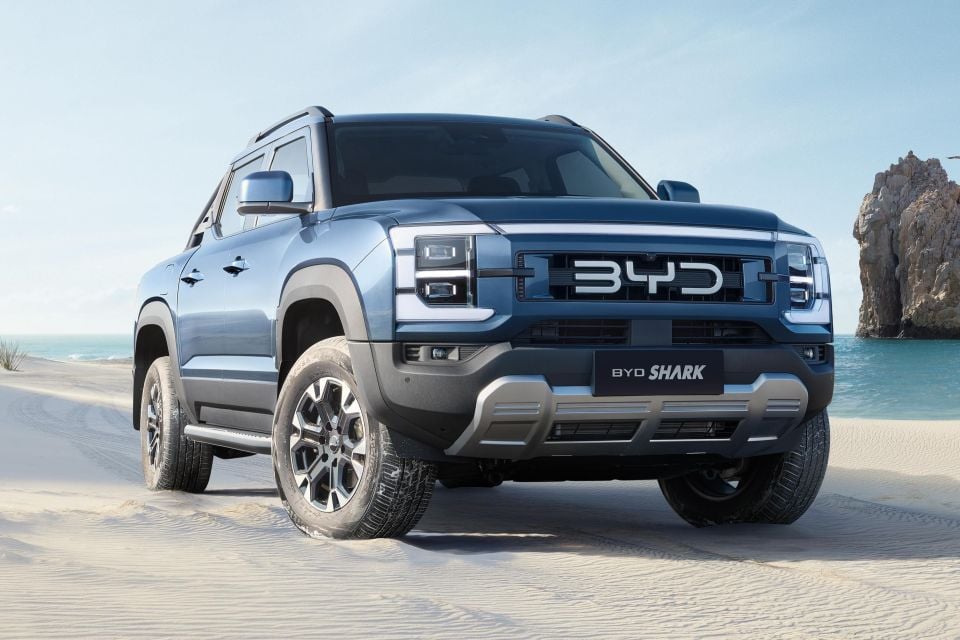
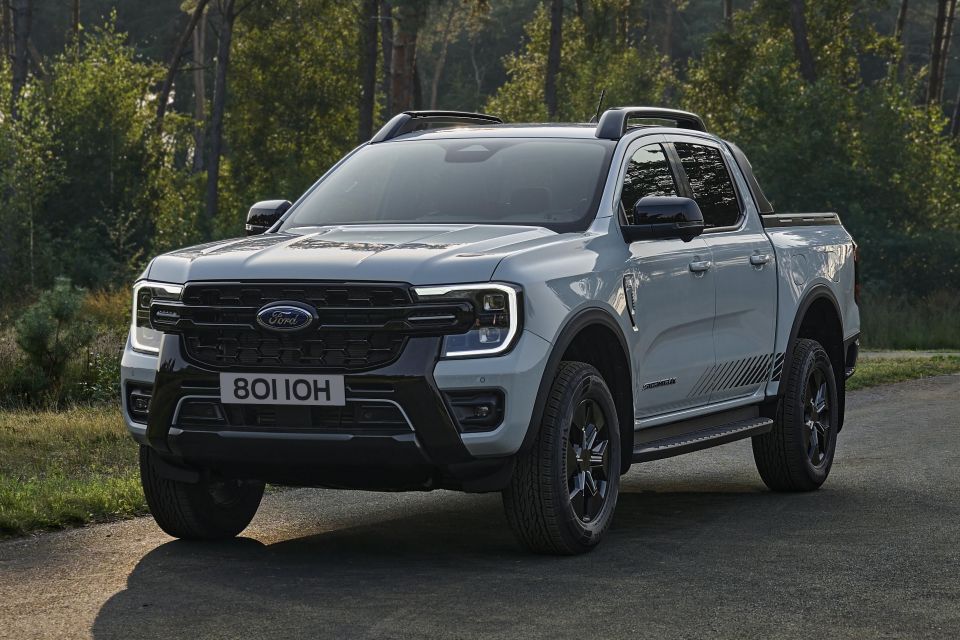
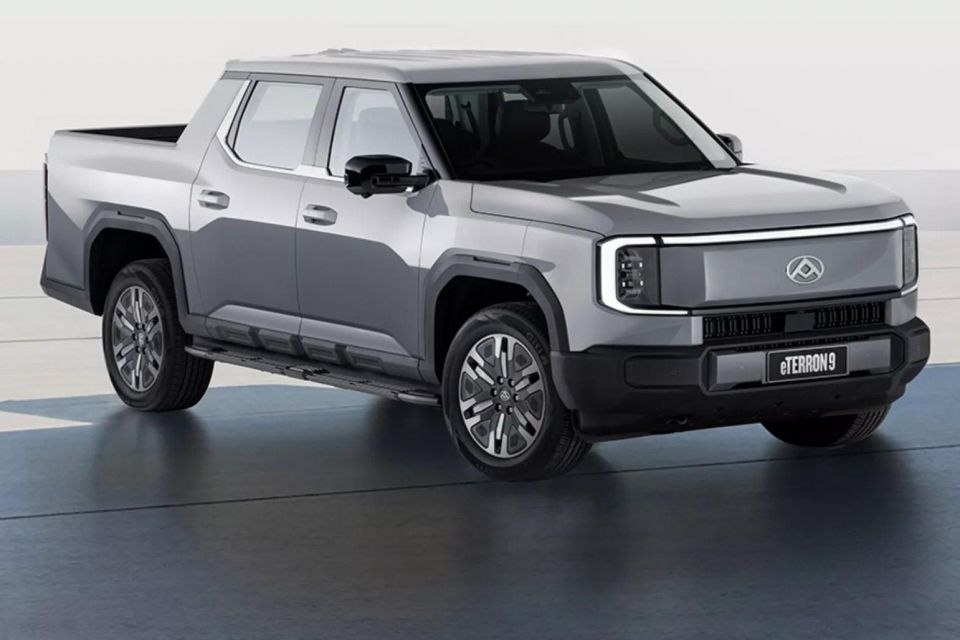
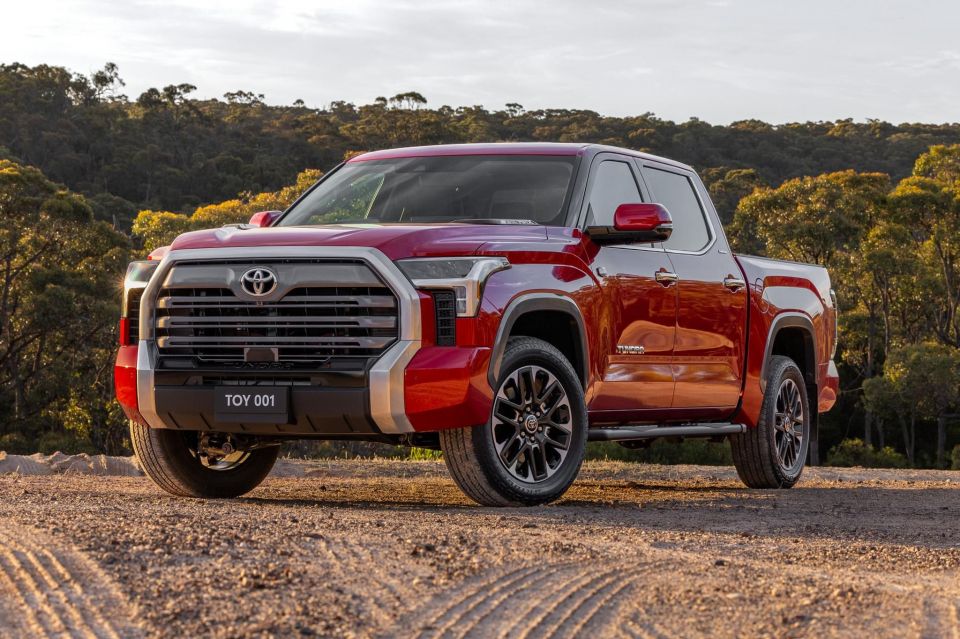
Hybrid, plug-in hybrid and electric utes alike are few and far between in Australia.
There are just two hybrid utes right now (the GWM Cannon Alpha and Toyota Tundra), one electric ute (the LDV eT60) and one plug-in hybrid ute (the BYD Shark 6).
LDV will launch a more desirable electric ute next year with the eTerron 9, while the Shark will soon face competition from a PHEV version of the top-selling Ford Ranger.
Pricing for the BYD Shark 6 was announced on the same day as the Kia Tasman’s global reveal, and the Chinese brand recorded 2000 orders within 24 hours of these opening.
MORE: Everything Kia Tasman
Where expert car reviews meet expert car buying – CarExpert gives you trusted advice, personalised service and real savings on your next new car.
William Stopford is an automotive journalist with a passion for mainstream cars, automotive history and overseas auto markets.


Damion Smy
1 Day Ago
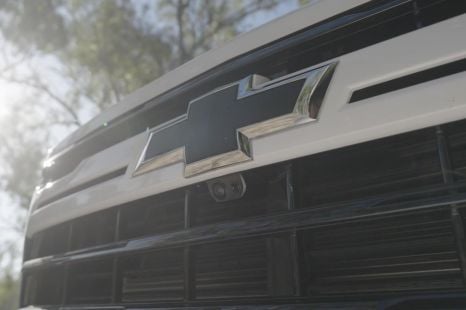

Ben Zachariah
3 Days Ago


James Wong
9 Days Ago
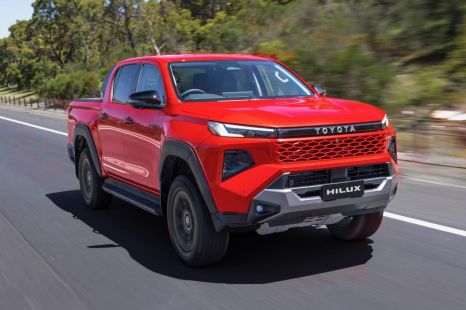

Ben Zachariah
10 Days Ago
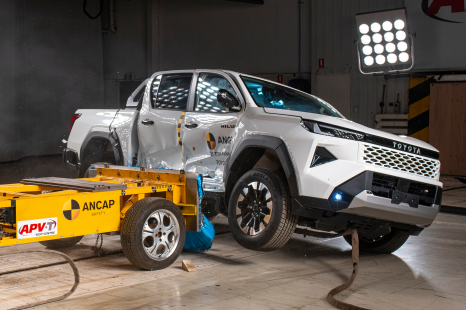

William Stopford
10 Days Ago
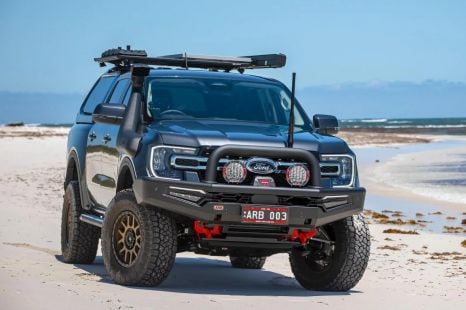

William Stopford
10 Days Ago